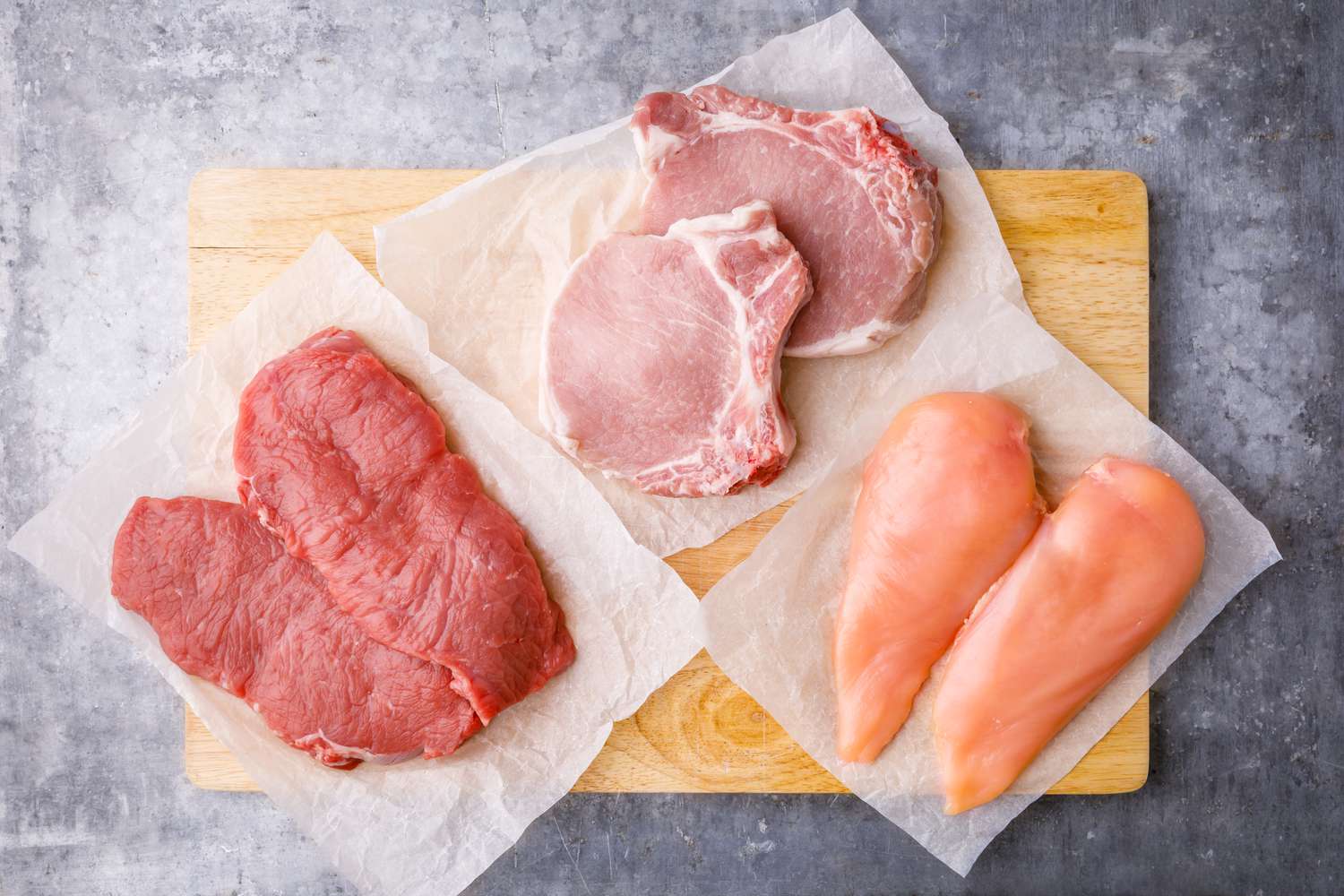
Nature has indeed created a diverse range of dietary habits among living beings. Animals, unlike humans, often consume prey alive without cooking. However, the act of chewing and consuming raw meat can have detrimental effects on animals as well.

While animals lack the developed brains and culinary skills of humans, it's a misconception to assume that eating raw meat keeps them healthy. In reality, animals that feed on raw meat often face health challenges and may be susceptible to infections. This is one reason why humans, with a higher level of consciousness and understanding, avoid consuming the meat of carnivorous animals.
If a human were to consume raw meat, it would likely result in various digestive problems and health issues. Unlike primitive times when early humans might have resorted to such methods for survival, our bodies have evolved, and the human digestive system is not well-equipped to handle raw meat easily. Consuming raw meat can lead to the transmission of pathogens and parasites, posing significant risks to human health.
In modern times, with advanced knowledge of food safety and cooking practices, humans have adopted methods such as cooking to eliminate harmful bacteria and parasites from meat. The consumption of raw or undercooked meat is generally discouraged due to the potential health hazards associated with it. The evolution of human dietary habits has moved away from raw meat consumption, aligning with our understanding of health and hygiene.




 click and follow Indiaherald WhatsApp channel
click and follow Indiaherald WhatsApp channel